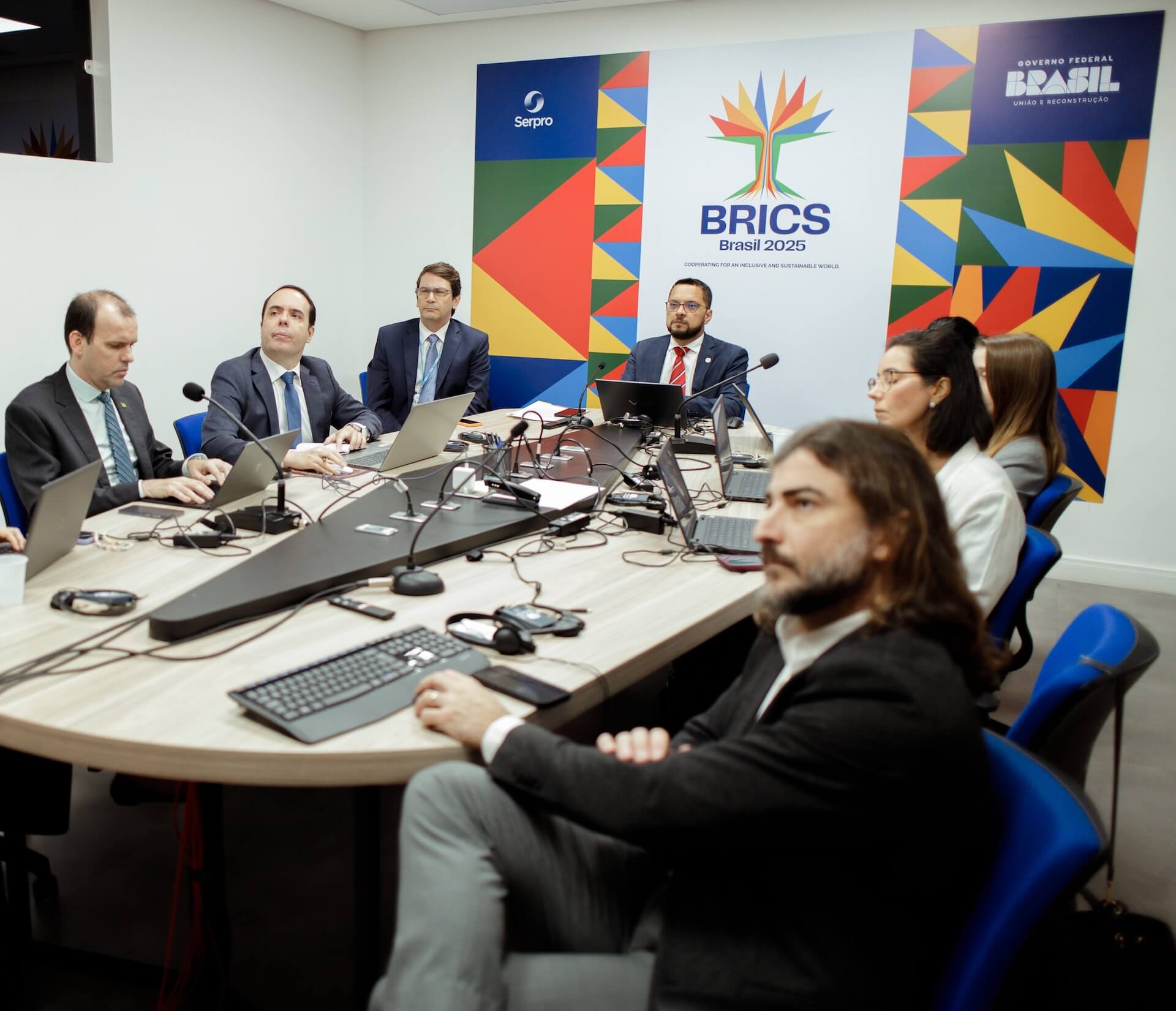Connectivity mapping can contribute to public policy formulation
First meeting of the BRICS Information Technology and Communication presents the four priorities under the Brazilian Presidency: universal and meaningful connectivity; space sustainability; environmental sustainability, and digital ecosystem. The group will develop a meaningful connectivity map for the BRICS, laying the groundwork for public policies that ensure true inclusivity for all.

By Thayara Martins | thayara.martins@presidencia.gov.br
Developing a meaningful connectivity map for the BRICS and preparing a status report on meaningful connectivity metrics are some of the deliveries that the BRICS Information Technology and Communication working group expects to produce. The first meeting of the group, held through video conferencing, was held on Friday (March 7) and counted with the participation of representatives from nine countries and international organizations. The WG presented its four priorities under the Brazilian Presidency, namely: universal and meaningful connectivity; space sustainability; environmental sustainability, and digital ecosystem.

According to William Zambelli, director of Sectoral Policy at the Brazilian Ministry of Communications’ (Ministério das Comunicações/MCom) Telecommunications Secretariat, the members welcomed the priorities because they reflect global issues of great importance for all countries involved in the discussions. “We believe this was an excellent first meeting, and we want to join efforts multilaterally to overcome global challenges,” Zambelli stated.
The head of Brazil’s Ministry of Foreign Affairs’ Digital Issues, Marcelo Martinez, highlighted that this connectivity mapping will contribute to the goal of measuring the countries’ advancements on this issue. “What we want, actually, is to use the efforts that have already been made to gather data —including those by the International Telecommunications Union, which is a knowledge partner in this work—, to measure how much the BRICS countries have advanced, and what has been achieved in the search for meaningful connectivity for the entire population.”
According to Martinez, this mapping effort can be used to subsidize the formulation of public policies to address connectivity issues. He mentioned the case of Brasil, where around 90% of domiciles are connected to the Internet, but statistics on meaningful connectivity of the Brazilian population reveal gender gaps, for example. “This guidance could show how much still needs to be done in order to provide service according to the conditions we actually aim for the entire Brazilian population,” he stated.
In addition to this mapping effort, the group also plans to deliver an assessment of national governance structures in the BRICS for the Digital Ecosystem. Additionally, it will organize a seminar on the "BRICS Green Digital Action" during COP30 in Belém, the capital city of Pará).